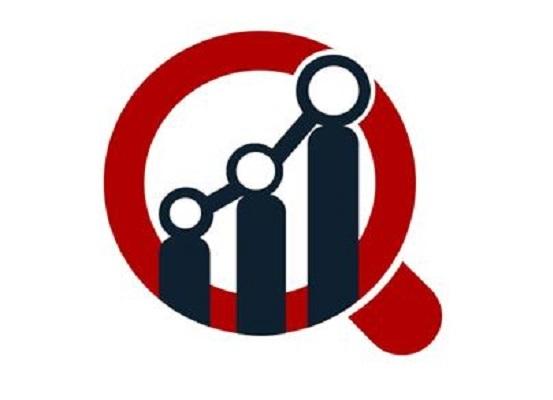Market Overview –
In 2022, the pharmaceutical waste management market was estimated at USD 1.10 billion. The pharmaceutical waste management market is expected to increase from USD 1.16 billion in 2023 to USD 1.64 billion by 2030, with a compound annual growth rate (CAGR) of 5.95% over the forecast period (2023- 2030).
The Pharmaceutical Waste Management Market addresses the growing need for safe and environmentally responsible disposal of pharmaceutical waste generated by healthcare facilities, pharmaceutical manufacturers, and research institutions. Pharmaceutical waste includes expired drugs, unused medications, contaminated materials, and packaging waste, which can pose environmental and public health risks if not managed properly.
The pharmaceutical waste management market is witnessing growth due to stringent regulations and increased awareness regarding environmental sustainability. Pharmacy waste disposal services are in demand to ensure safe and compliant handling of expired or unused medications. Companies offering eco-friendly disposal solutions are gaining traction, addressing the growing need for sustainable waste management in the pharmaceutical industry.
In recent years, the pharmaceutical waste management market has experienced significant growth globally due to increasing regulatory scrutiny, environmental awareness, and concerns about drug diversion and misuse. Key players in this market include waste management companies, environmental services providers, pharmaceutical companies, and regulatory agencies, working together to develop and implement effective waste management strategies and solutions.
Moreover, advancements in technology and waste management practices have led to the development of innovative solutions for pharmaceutical waste disposal, including drug take-back programs, reverse distribution services, and on-site treatment systems. These solutions aim to minimize the environmental impact of pharmaceutical waste while ensuring compliance with regulatory requirements and protecting public health.
Additionally, there is growing emphasis on sustainable practices and circular economy principles in pharmaceutical waste management, promoting resource recovery, recycling, and reuse of pharmaceuticals and packaging materials. This trend is driving investment in green technologies and eco-friendly disposal methods, fostering innovation and collaboration across the pharmaceutical industry and waste management sector.
Overall, the pharmaceutical waste management market presents opportunities for growth and innovation as stakeholders work together to address the complex challenges associated with pharmaceutical waste disposal. Efforts to develop sustainable solutions and promote responsible waste management practices are essential for safeguarding the environment and public health in the long term.
Market Segmentation –
The global pharmaceutical waste management market has been segmented based on the nature of waste, type of waste, and source of waste generation. By nature of waste, the market has been segmented into hazardous pharmaceutical waste and non-hazardous pharmaceutical waste.
By type of waste, the market has been segmented into over the counter waste, non-controlled prescription drugs, controlled drugs, and hazardous drugs.
By source of waste generation, the market has been segmented into hospitals, clinics & physicians' offices, pharmaceutical & biotechnology companies, pharmacies, and others.
Regional Analysis –
Regional analysis of the pharmaceutical waste management market is essential for understanding the disposal practices, regulatory frameworks, and market dynamics across different geographic regions. Pharmaceutical waste, generated from healthcare facilities, research laboratories, and manufacturing sites, poses environmental and public health risks if not managed properly. Factors such as population density, industrial activities, and healthcare infrastructure influence the volume and composition of pharmaceutical waste generated in each region.
Developed regions like North America and Europe often have stringent regulations and well-established waste management infrastructure, leading to higher rates of proper disposal and recycling of pharmaceutical waste. In contrast, emerging economies in Asia-Pacific and Latin America may face challenges such as limited awareness, inadequate infrastructure, and fragmented regulatory frameworks, resulting in improper disposal practices and environmental pollution. Additionally, variations in healthcare policies and enforcement mechanisms impact the demand for pharmaceutical waste management services and technologies across regions.
Conducting a comprehensive regional analysis enables stakeholders to identify market opportunities, assess regulatory compliance requirements, and tailor waste management solutions to address specific challenges faced by healthcare systems and pharmaceutical industries in each geographic area. By understanding regional nuances, companies can develop targeted strategies to promote sustainable waste management practices and minimize the environmental footprint of pharmaceutical waste worldwide.
Key Players –
Pharmaceutical waste management key companies include Stericycle, BioMedical Waste Solution LLC, Covanta Holding Corporation, Daniels Health, Stryker, Cardinal Health, Becton, Dickinson and Company, among others.
Related Reports –
Medical Payment Fraud Detection
For more information visit at MarketResearchFuture

